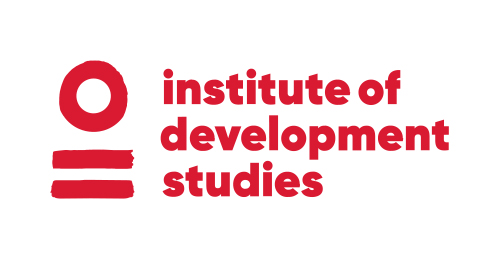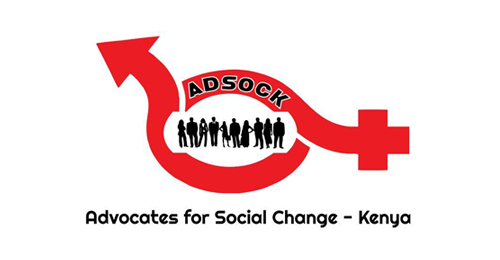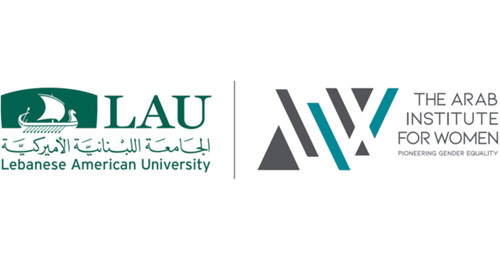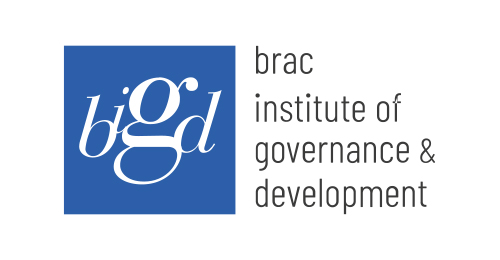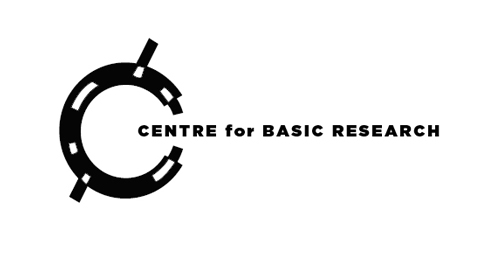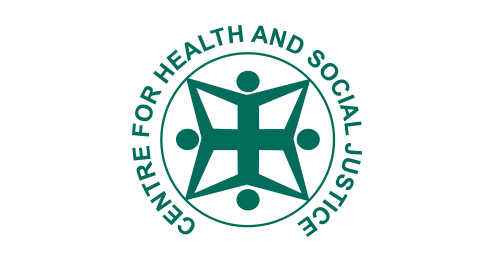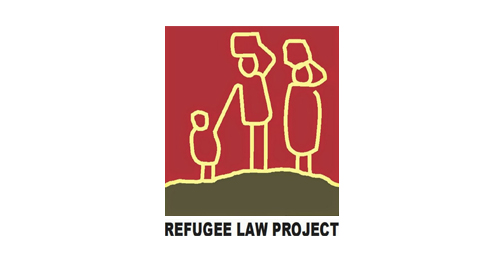Major political and social shifts are resulting in new forces and alliances that are visibly pushing back, stifling the possibilities of equal women’s rights and gender justice.
Gender justice
is under attack.
How can we counter
backlash together?
What is needed for women’s rights organisations and gender justice defenders to counter backlash and the subtle erosion of gender transformative discourse, policy, and practice?

India.Kenya.Lebanon.
Turkey.Uganda.
Serbia.Turkey.

What's Happening?
Gender justice is increasingly contested the world over. Yet, equity across the genders is a critical foundation of human rights and sustainable development.
Backlash wages against the possibilities of transformative gender justice. To counter it, we must understand its diverse manifestations - from the subtle to the spectacular, the hidden to the explicit.
Solidarity, collaboration, and co-creation are the greatest tools in the box to mutually resist and counter coordinated and global attacks on gender and social justice.
Troubling Masculinities in Patriarchal Backlash: Tools, Stories and Insights
A toolkit to inspire and inform civil society actors and activists, as well as researchers and students, with stories from partners’ practice along with practical tools and resources to counter backlash more effectively […]
Event: Digital gender backlash: strategies to counter it
Gender-based violence affects women, girls, and queer people in all their diversity, both online and offline. Digital tools and platforms are frequently used to target individuals and communities, spreading hate, abuse, and disinformation. These online attacks often mirror or amplify […]
“It’s about dividing society”- Countering Backlash featured in Welt-Sichten
Thirty years after the International Women’s Conference in Beijing, where the international community committed itself to, among other things, true gender equality, an end to sexual violence against women, and greater political participation of women, many of these achievements or […]


